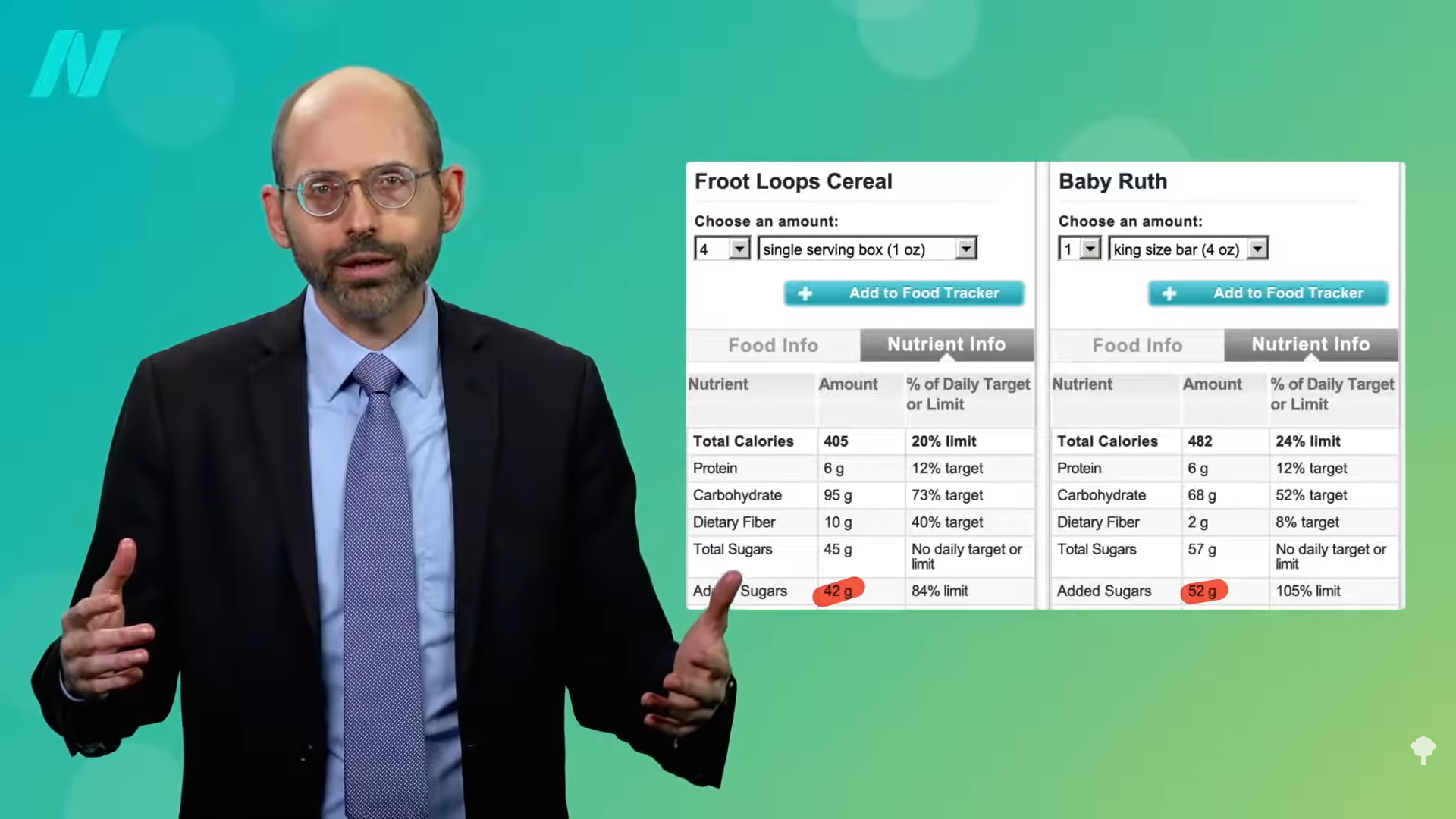Transforming the morning routine of pouring a bowl of sugary cereal for breakfast may require a paradigm shift. Plastering front-of-package nutrient claims on cereal boxes is an attempt to divert attention from the fact that children are starting their day with a multicolored marshmallow fest. The American Medical Association has been issuing warnings about excessive sugar consumption for decades, pointing out that sugar provides empty calories and depletes essential nutrients from the body.
In light of the scientific evidence, the Food and Drug Administration (FDA) mandated that processed food manufacturers disclose “added sugars” on their labels. However, this move faced opposition from industry giants like Kellogg’s, who argued that consumers would be confused by such information. Despite their claims of providing useful information, a closer look at their products, like Froot Loops, which contain more sugar than a Krispy Kreme doughnut, raises eyebrows.

Froot Loops, with over 40% sugar content by weight, exemplify the need for transparency in labeling. The addition of vitamins and minerals to sugary cereals, as defended by General Mills, does little to enhance their nutritional value. Terms like “healthy,” “natural,” and “lightly sweetened” used by the industry mimic the tobacco industry’s deceptive marketing tactics.

Moreover, cereal boxes bearing low-calorie claims often contain more calories than those without such claims. The misinterpretation of claims by parents further exacerbates public health concerns. The industry’s attempts at such nutritional façade are akin to candy bar companies boasting about protein content while serving up unhealthy doses of sugar.

The call for eliminating front-of-package claims gains momentum as research suggests consumers rely on such claims, often to the detriment of their health. Industry efforts like the short-lived “Smart Choices” label faced backlash for misleading consumers. The fight for informative labeling faces strong opposition from the processed food industry, reminiscent of the tobacco industry’s battles.

While testifying as an expert witness against sugary cereal companies may be a step in the right direction, the journey towards healthier breakfast options requires a collective effort. Understanding the implications of misleading food labels and demanding transparency is crucial for making informed dietary choices.
Explore related posts and videos on the food industry to stay informed about the latest developments. It’s time to peel back the façade of nutrient claims and see breakfast cereals for what they truly are.













